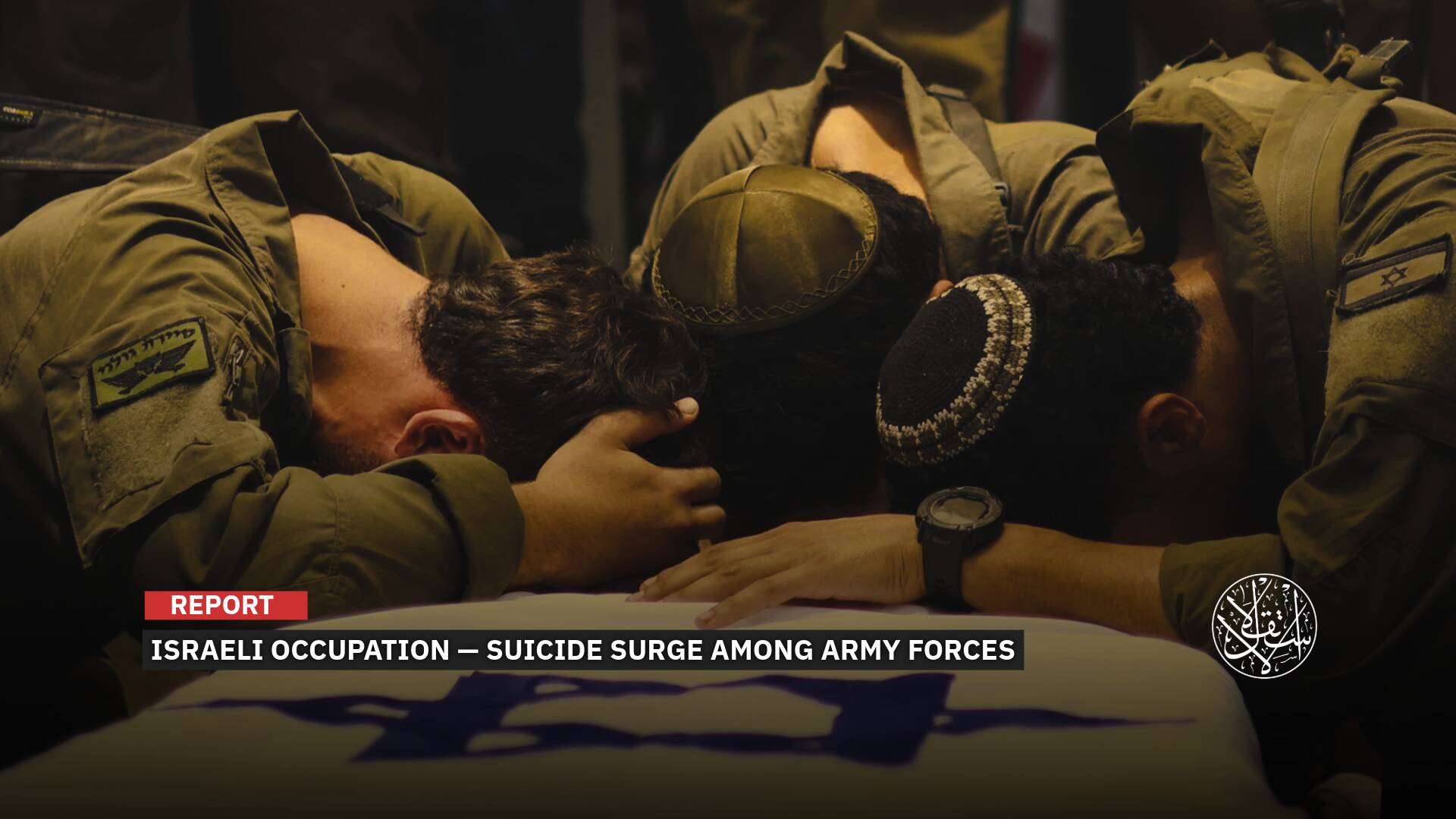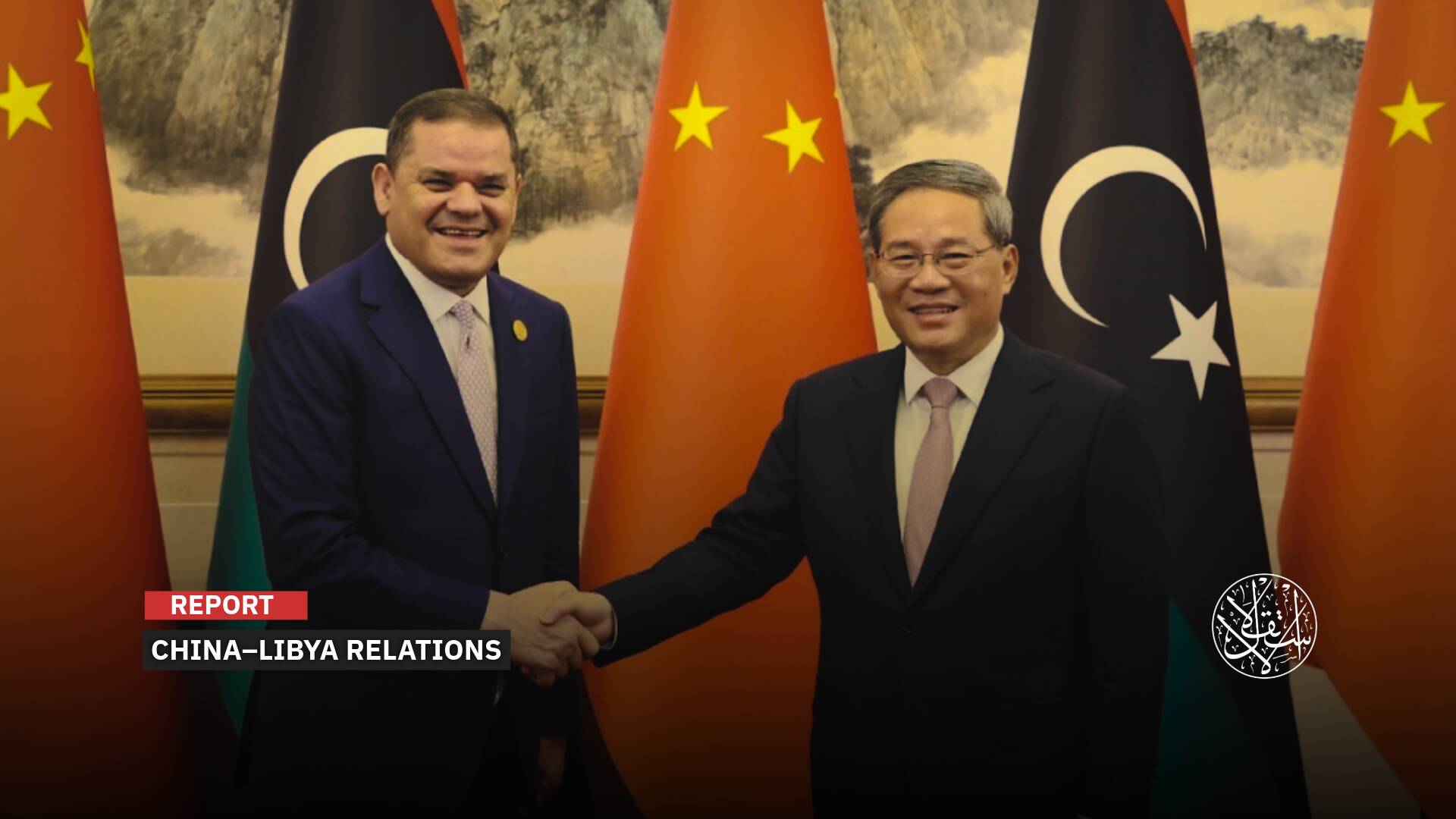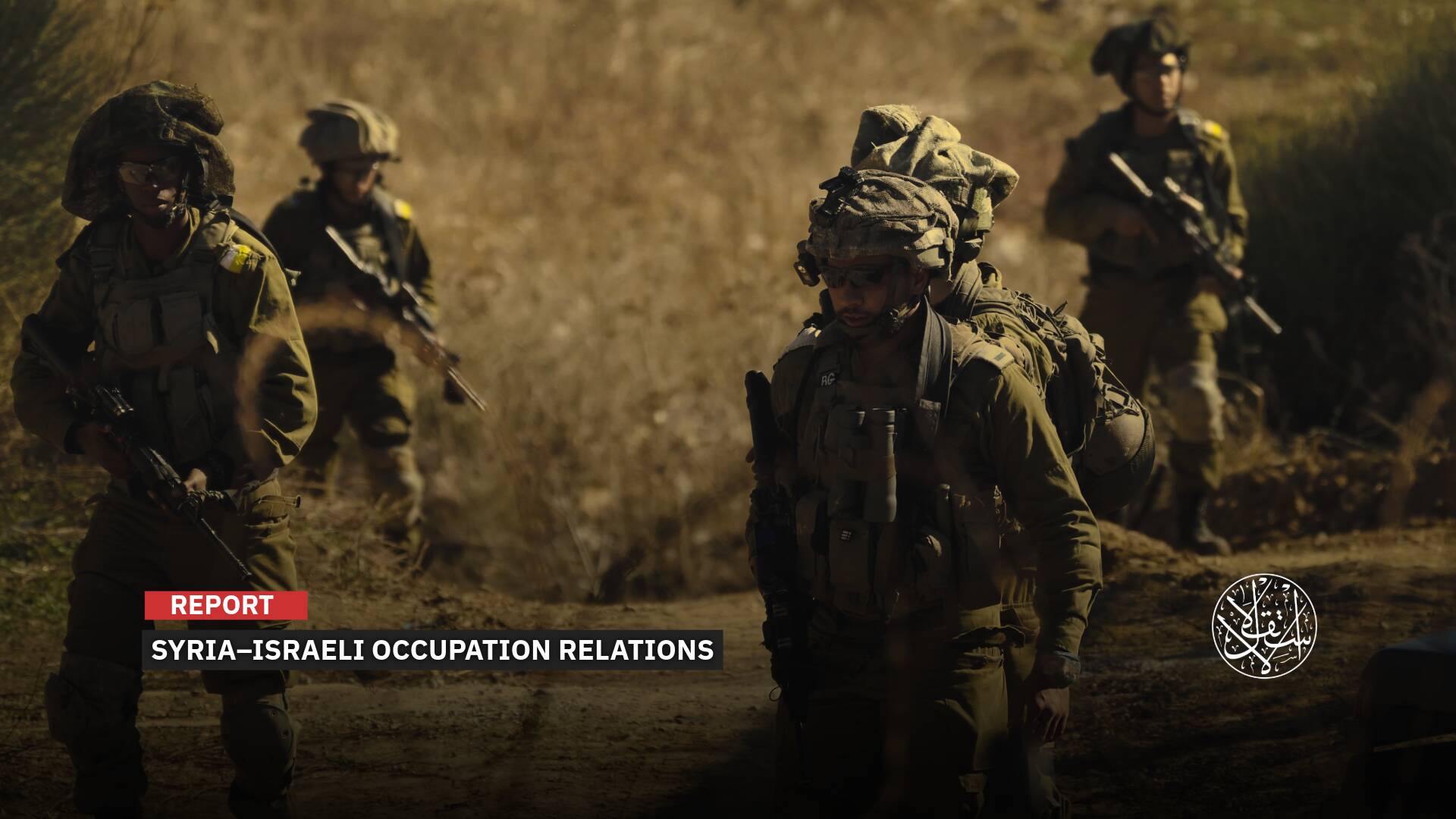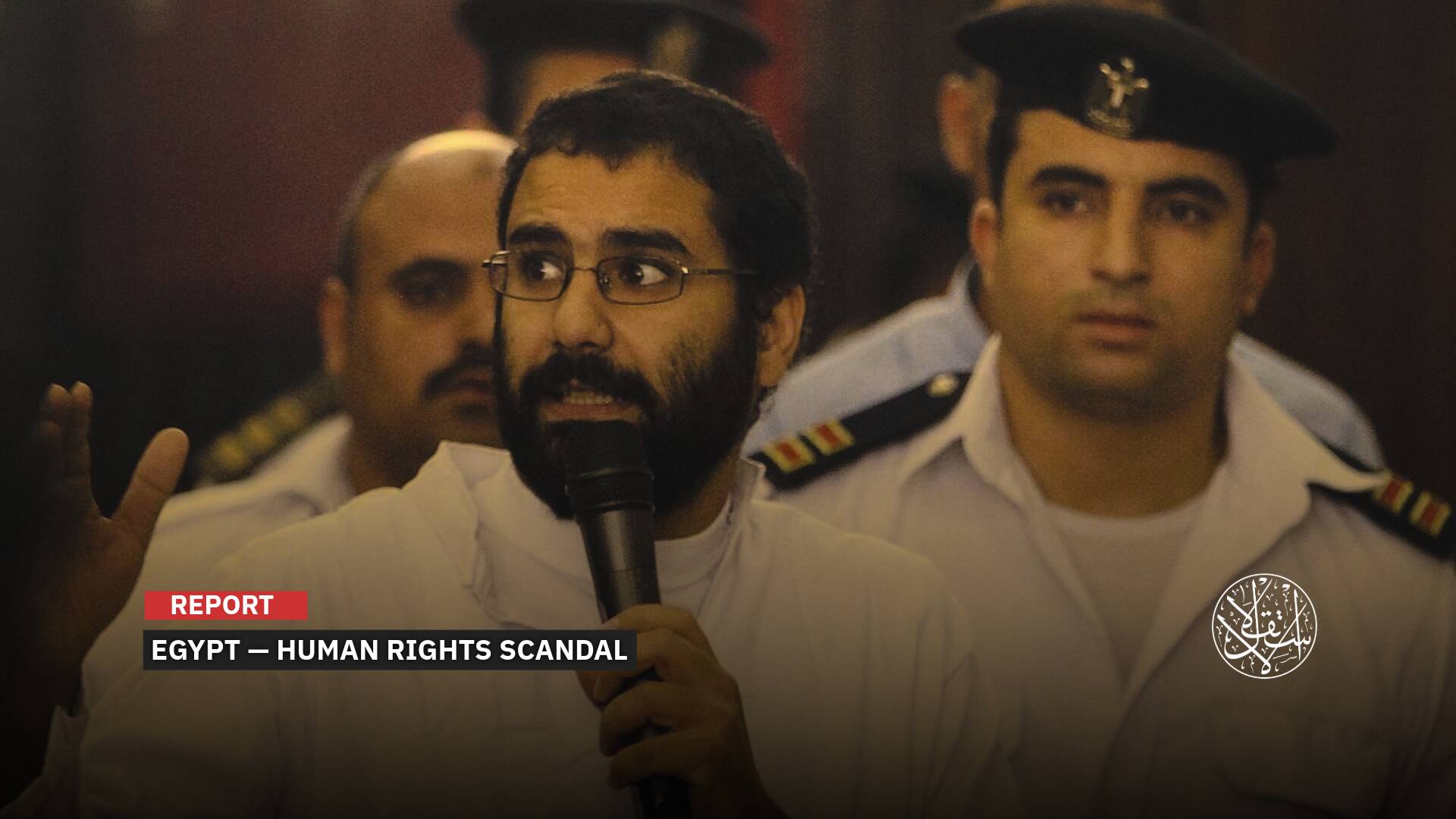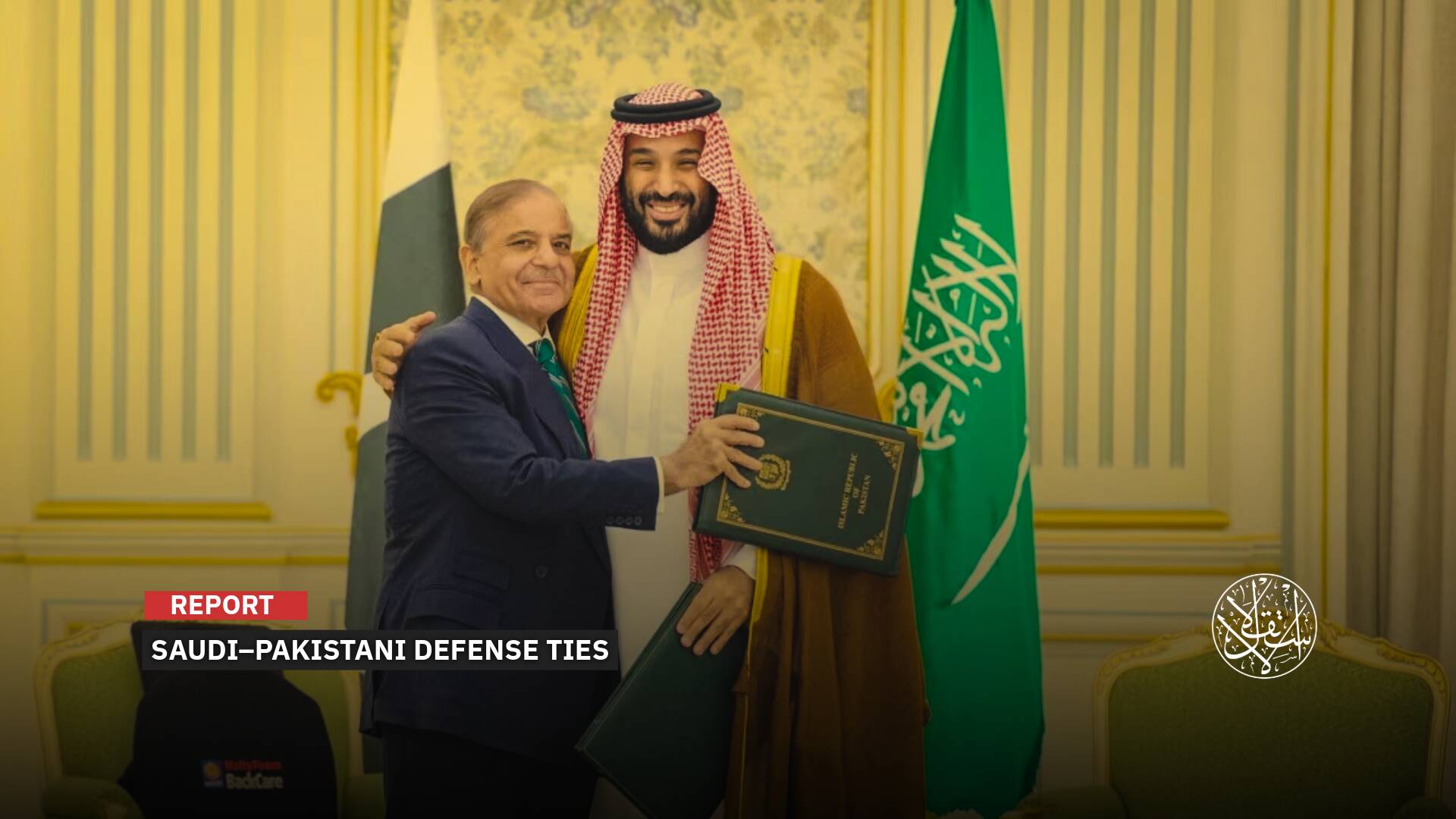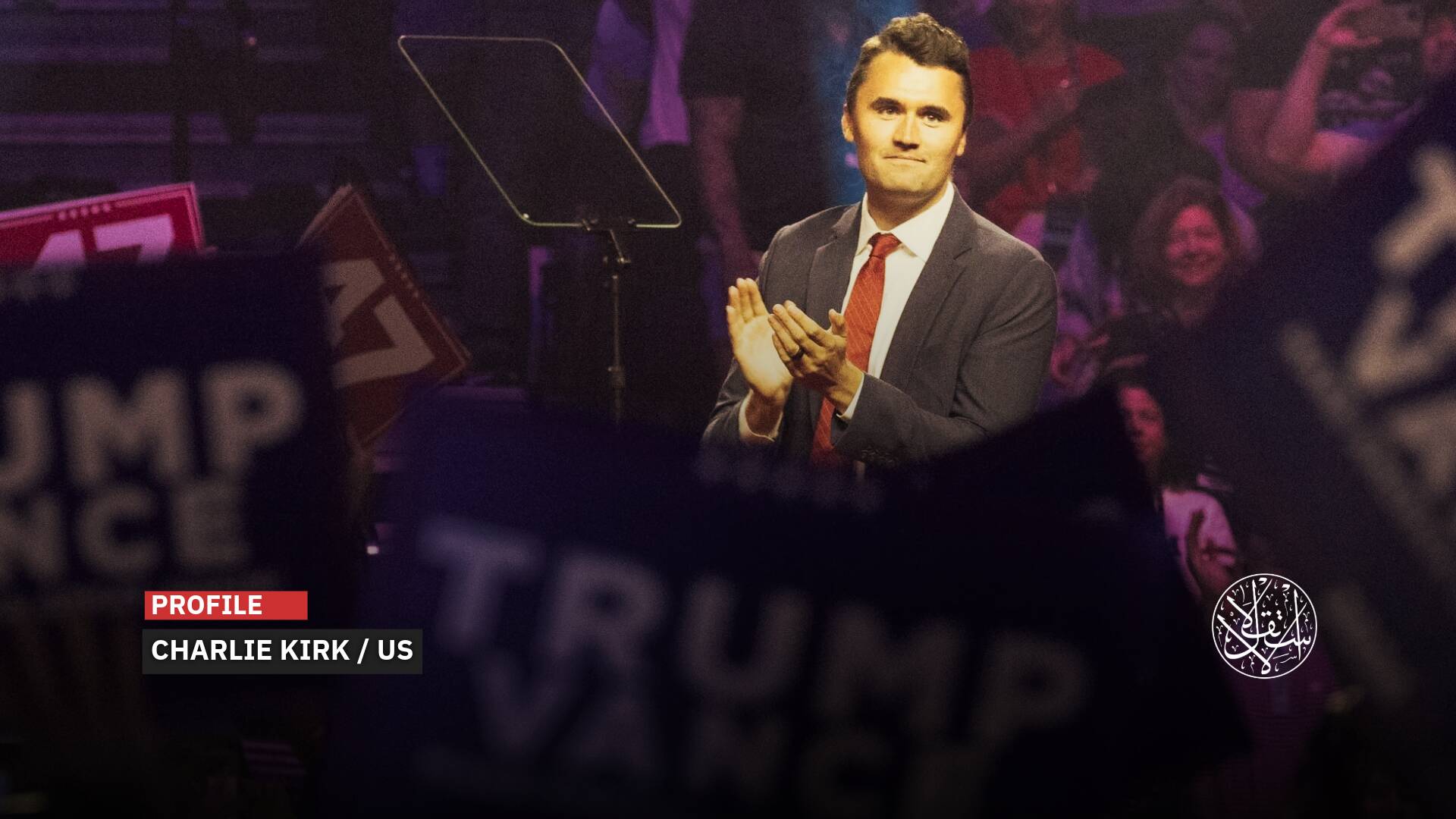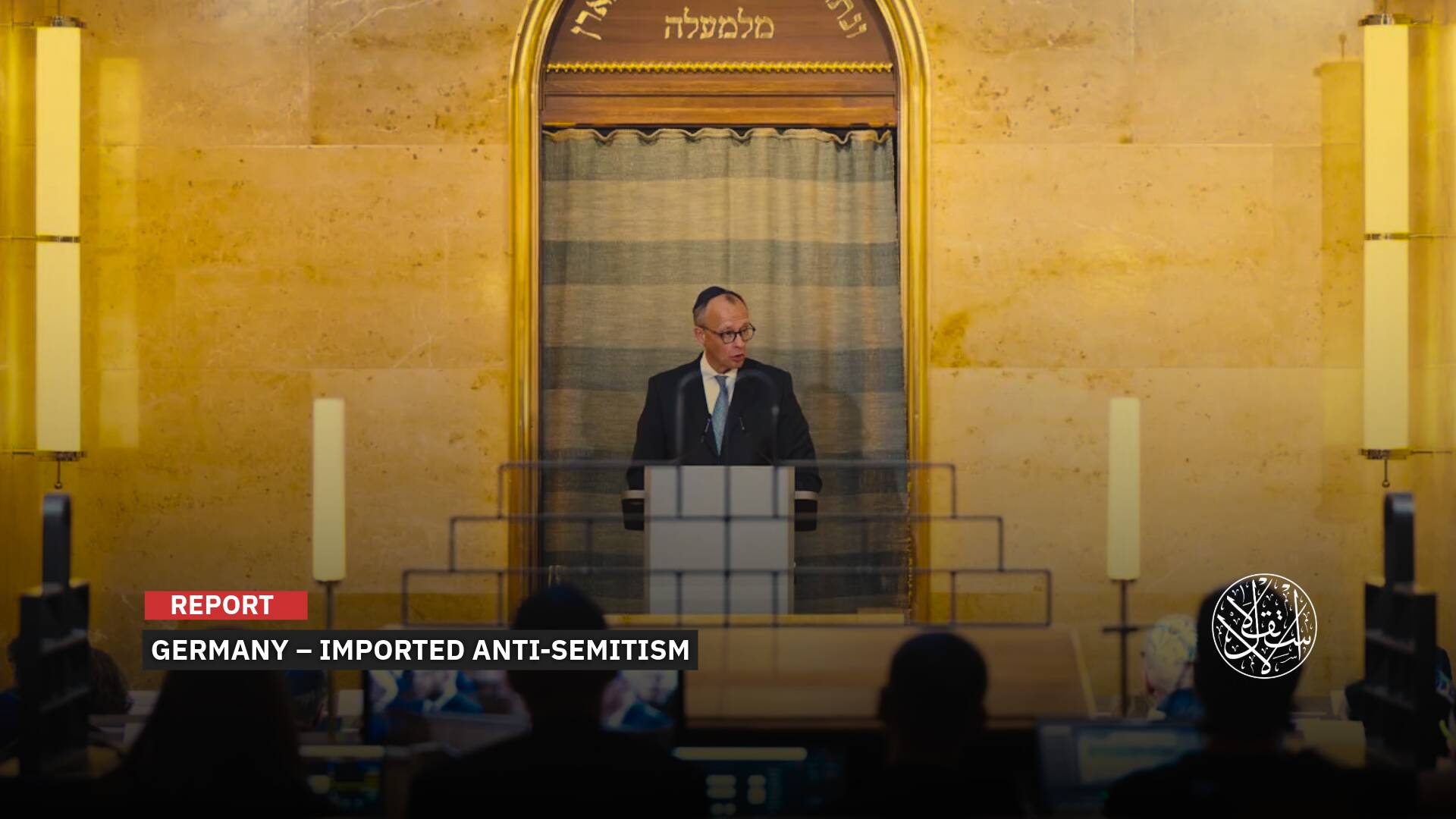Amid War with ‘Israel’: Why Shia Cleric Ali al-Amin Calls for Disarming Hezbollah

Al-Amin calls on Hezbollah to join the state project in Lebanon.
For over two decades, Lebanese Shia cleric Ali al-Amin, one of the most prominent figures opposing Hezbollah and Iran’s doctrine of Wilayat al-Faqih (Guardianship of the Islamic Jurist), has been calling for Hezbollah to join the state project in Lebanon.
Despite Hezbollah’s involvement in supporting Gaza since October 8, 2023, al-Amin recently reiterated the need for Hezbollah to hand over its weapons to the Lebanese state.
In an interview with Saudi Arabia's al-Arabiya on October 10, 2024, al-Amin emphasized the importance of disarming Hezbollah, stating, “As long as there are weapons outside the state's control, there will always be unrest.”
He argued that the “support front” Hezbollah opened in southern Lebanon for Gaza has not benefited the Palestinian territory but instead brought harm to Lebanon.
Hezbollah made the decision to go to war without consulting the government or the Lebanese people, as he claimed.
When asked about Hezbollah's role in the increased Israeli aggression against Lebanon since September 23, 2024, al-Amin responded, “From the start, we made our stance clear: this war does not benefit Gaza and only puts Lebanon at risk.”
“The claim that Israel's threats justified this confrontation is incorrect as those threats were present before October 7, 2023. So why didn't Hezbollah declare war over them back then?”
He also wondered why the Lebanese government, which includes Hezbollah, agreed to the maritime border agreement with “Israel” despite the so-called clear threats at that time.
Al-Amin pointed out that “Iran and its axis have not acted in a way that matches the suffering of Lebanon and Gaza.”
He called on Hezbollah to “join the state project in Lebanon,” and said the immediate solution for Lebanon is to elect a president.
Hezbollah has been obstructing the election of a Lebanese president since the end of October 2022, when President Michel Aoun left office.
Lebanese forces accuse Hezbollah, founded by Iran’s Revolutionary Guard in 1982, of dominating the Lebanese political scene “through Iranian arms,” giving it “significant influence” in all electoral processes and control over “decisions of war and peace” in the country.

Life and Career
Ali al-Amin is a prominent Shia Muslim cleric of the Twelver Shi’ism sect, born in 1952 in the southern Lebanese town of Qlaileh in the Jabal Amil region.
He finished his secondary education in the 1970s before relocating to Najaf, Iraq, where he studied religious sciences with prominent scholars and attained the level of Ijtihad (jurisprudence) at a young age.
In 1980, al-Amin went to Iran, where he taught “fiqh” (jurisprudence) and its principles to groups of students for three years before returning to Lebanon in 1983.
In a March 2024 interview, al-Amin emphasized that religious education in Iraq was different from what he experienced in Iran.
“The depth and breadth of religious education in Iraq stood in contrast to that in Iran, where studies were starting to be affected by the political climate. In Iraq, religious institutions and authorities generally remained free from political involvement,” he noted.
Al-Amin is also a member of the Muslim Council of Elders, which was established by the UAE in 2014 as a counterbalance to the International Union of Muslim Scholars.
Upon his return to Lebanon in the 1980s, he settled in Beirut, heading the religious institute in the southern suburbs, Hezbollah’s stronghold. His time studying in Najaf was profoundly impactful, helping him maintain a moderate stance that made his views a reference point for those seeking unity among Islamic sects.
Al-Amin’s differences with Hezbollah began during the foreign hostage crisis of the 1980s. He condemned the kidnappings and subsequently left Beirut. Later, he established the Imam al-Sadr Institute for Islamic Studies in Tyre, Lebanon, to foster a sense of national identity among religious scholars.
From 2000 to 2007, al-Amin served as the Mufti of Tyre and Jabal Amil after the death of Sheikh Najib Sweidan.
During the latter stages of the Lebanese Civil War (1975–1990), al-Amin supported the Amal Movement in its conflict with Hezbollah, denouncing the use of religion to justify internal fighting and killing among brothers.
However, al-Amin’s relationship with Amal’s leader, Nabih Berri, soured in 2006 due to his criticism of the Shia duo (Hezbollah and Amal) for refusing to listen to other voices within the Shia community. Al-Amin claimed that these voices had supported state-building efforts during difficult times, including Israeli Occupation’s invasion of Beirut in 1982.
In July 2006, during the war between Hezbollah and “Israel,” Israeli airstrikes destroyed al-Amin’s home in Tyre.
Due to his opposition to Hezbollah’s May 7, 2008 invasion of Beirut, al-Amin faced threats. Nabih Berri sent a militia that attacked al-Amin’s home and the Jafari Dar al-Ifta office in Tyre, forcing him to flee southern Lebanon and move to Beirut, where he has lived since.
Media reports saw Hezbollah and its allies' invasion of Beirut on May 7, 2008, as the beginning of their “attempt to hijack the state with Iranian arms.”

Belief in the State
Ali al-Amin, the prominent Shia cleric, has a personal website featuring his interviews, visits, speeches, and political positions, many of which are framed by his quotes. In a March 2024 interview, al-Amin stated, “I have always rejected war projects and launching rockets at occupied Palestine from Lebanon, as well as all scenarios that involve us in an unequal war.”
“If the Arab world chooses war, we will be a part of it. However, choosing war on our own is illogical as it puts us in an unequal battle, bringing devastation to our people without any gains. I have always called for the Lebanese army to move south and deploy alongside the UN peacekeeping forces.”
“My disagreement with Hezbollah is not about the efforts of the fighters, but rather about how matters are being managed,” al-Amin added.
This Shia cleric advocates for a civil state and opposes the concept of Wilayat al-Faqih, as practiced in Iran. He criticizes Iran's attempts to occupy nations and bring them under the control of its ideology. Al-Amin also opposes forming political parties on religious grounds, a stance that has led him to clash with both Hezbollah and the Amal Movement. According to him, these groups have deviated from national interests and contributed to the sectarian and religious tensions that culminated in the 2008 Beirut conflict.
Today, al-Amin is seen as one of the symbols of moderation among Shia clerics in the Islamic world, especially as he aligns his political views with Arab unity. He consistently emphasizes the rejection of sectarian divisions plaguing the nation, which he argues are exploited by certain countries.
Reflecting on his time in Iraq, al-Amin stated, “I never heard about Sunni and Shia divisions; one can be a Muslim without being sectarian.”
In a 2017 television interview, he declared, “Our loyalty should be to the nation and the state, not to the sect.”
Al-Amin has frequently accused Hezbollah of causing political tensions that lead to violence in Lebanon. In a 2014 interview, he said Hezbollah’s alignment with the Syrian regime and its participation in the war alongside Assad's forces were self-destructive, warning that the group was leading Lebanon to “ruin.”
During this interview, he also focused on the marginalization of Shia opposition, calling on the Lebanese state to embrace this opposition in order to break Hezbollah and Amal’s monopoly on Shia representation.
Since 2012, under direct orders from Iranian Supreme Leader Ali Khamenei, Hezbollah has intervened forcefully in Syria, sending thousands of fighters to support Bashar al-Assad’s regime and help shift the military balance in his favor.
In a 2015 television interview, al-Amin spoke to Hezbollah’s Shia base, stating, “Hezbollah’s power isn’t everlasting, and the security of the Shia community should be rooted in the strength of the state, which is meant to serve all citizens.”
While acknowledging Hezbollah’s significant influence over Lebanese Shia, al-Amin attributed this to the group’s political connections and Iranian support since the 1980s, which ultimately allowed it to dominate Lebanon’s political landscape.
He believes that Iran is determined to maintain a presence in the region, including Lebanon, and he argues that Iran has created such parties to serve its interests.

Opponent of Hezbollah
Hezbollah launched a legal campaign against Ali al-Amin, accusing him of “meeting with Israeli officials in Bahrain,” “attacking the resistance and its martyrs,” “inciting sectarianism,” and “violating the religious principles of the Jafari sect.”
In late June 2021, a solidarity protest was held for al-Amin outside the Palace of Justice in Baabda, Beirut. The gathering included Shia clerics and local activists, coinciding with a scheduled court session that was ultimately postponed due to a lawyers’ strike.
At the time, the local news outlet Janoubia quoted prominent religious figures, leaders, and revolutionary groups who were present to support al-Amin. They emphasized that targeting him was akin to “targeting public opinion leaders, thus intimidating them and terrorizing the people.”
The article noted that the intimidation of al-Amin was due to his stance against Wilayat al-Faqih and its supporters in Lebanon.
In a 2015 interview with Anadolu Agency, al-Amin blamed Arab regimes for reducing Arab Shia representation to a “monopoly representation” dominated by certain Iranian-linked Shia political parties. He argued that these regimes “never engaged” with moderate Arab Shia, which granted Tehran a “free award.”
“The loyalty of Arab Shia is not to Iran; they are an integral part of their own nations, and their allegiance is to the countries they live in,” he said.
Al-Amin believes that Shia parties formed in certain Arab countries after the Iranian revolution, with the goal of seizing power, cannot be seen as representing the entirety of the Arab Shia perspective.
He specifically pointed to Hezbollah, explaining that the group is ideologically, culturally, and politically tied to the Iranian regime and has evolved into Iran’s military arm in Lebanon—initially due to the Israeli occupation and now because of regional conflicts.
Al-Amin gave the example of the Muslim Brotherhood in Egypt, which is one of the largest Islamic parties in the Muslim world. Yet, he noted, “no one claims that the Sunni community in Egypt or the entire Muslim world is solely represented by them.”
“So why do you want Hezbollah to represent Arab Shia? This is a grave mistake.”
Many Shia dissenters who oppose the dual-party control (Hezbollah and Amal) over the sect’s decisions see al-Amin as a voice against the militarization of Shia Islam in Lebanon and the dominance of “armed clerics” in the political scene.
Local media often describe him as “the alternative Shia voice that never succumbed to the dominance of the duo [Hezbollah-Amal] within his sect.”
Sources
- Al-Amin: Arab regimes are responsible for the connection of Arab Shiites to Iran [Arabic]
- Ali al-Amin: Hezbollah and the Brotherhood do not represent Shiites and Sunnis [Arabic]
- Cleric Ali al-Amin to al-Arabiya: The Lebanese front did not benefit Gaza, but rather harmed us! [Arabic]
- Cleric Ali Al-Amin: Berri was a “friend” and Aoun supported the Wilayat al-Faqih and this is what I told Nasrallah [Arabic]
- 'Hezbollah does not represent the Shiites of Lebanon' [Arabic]
- Solidarity stand with Cleric al-Amin, rejecting intimidation: We call on the judiciary not to submit to 'Hezbollah' [Arabic]
- The Day Power Was Seized by Force in Lebanon: Hezbollah Commemorates 'May 7' Virtually While Issuing Threats [Arabic]


